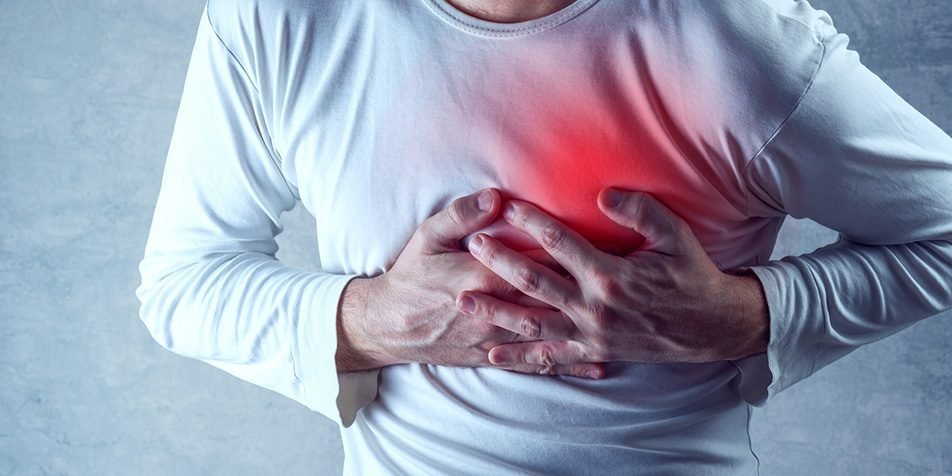Most people who already have heart disease frequently ignore the early signs of despair. Heart disease and depression often coexist. In fact, the American Heart Association estimates that 1 in 10 adults 18 and older suffer from depression. Even more unexpectedly, persons who have experienced an acute heart attack are three times as likely to be diagnosed with depressive symptoms.
Depression’s Function in Heart Disease Patients
Studies show that depression affects more than 15% of people who have suffered from cardiovascular disease. More than 20% of patients who had coronary artery bypass graft surgery also had significant depression. Numerous similar researches have consistently demonstrated that a patient’s mental wellbeing has a negative impact on their cardiovascular health. A weak immune system, elevated blood pressure, elevated platelet reactivity, elevated CRP indicators, and adverse cardiac events like blood clots or heart attacks can all result from depression and mismanaged stress, in particular.
When should I seek medical advice?
A good evaluation and diagnosis from a professional are required for a protracted depression or a condition of melancholy, hopefulness, and sluggishness that lasts for longer than 2 weeks. When a person has severe depression that is followed by an increase in negative thoughts, crying, and social isolation, treatment is necessary. Without the right care, patients may have severe depression, which can raise their risk of coronary disease and heart attack. You can talk to your healthcare provider or medical expert, or even a heart specialist in Indore who can decide a course of treatment, diagnose your condition and prescribed safe antidepressants


